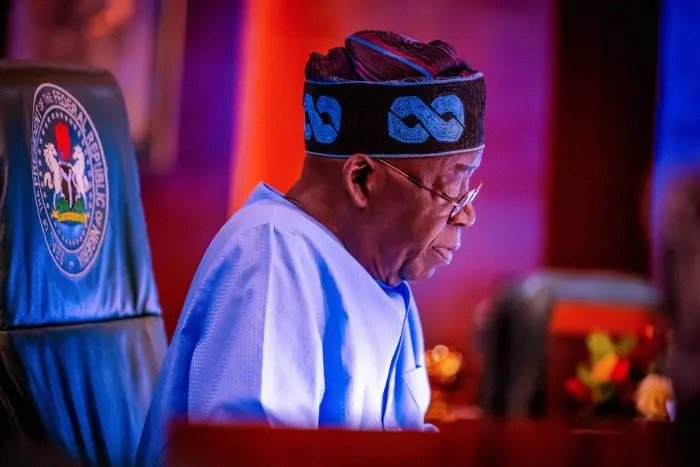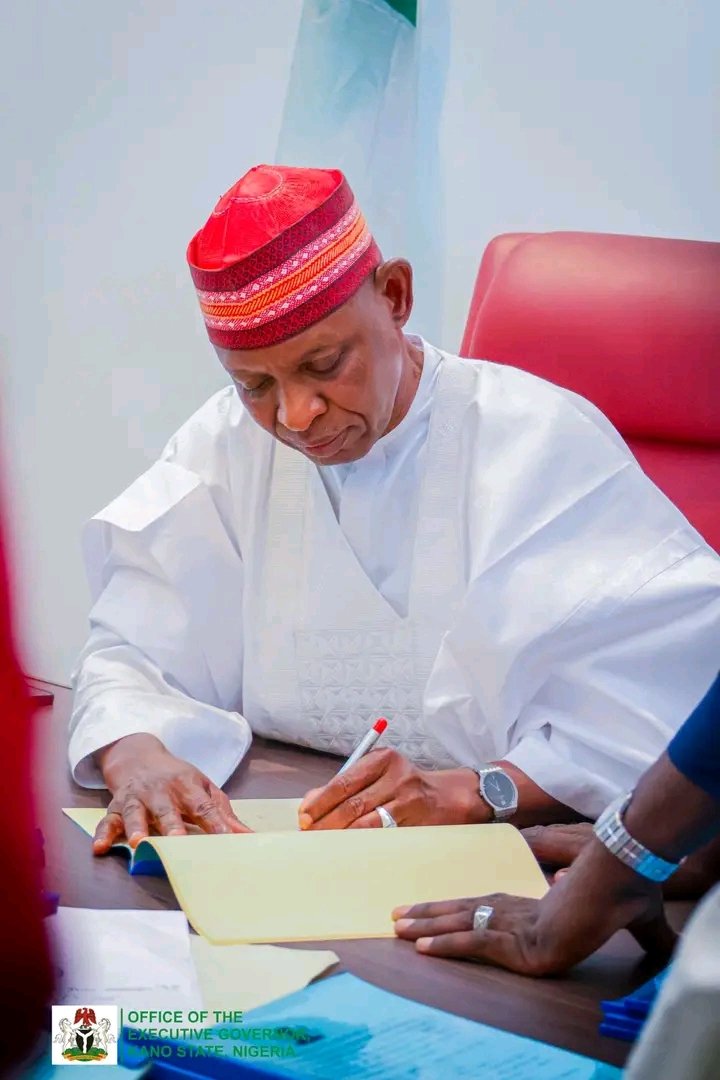As 2025 begins, the promise of a better Nigeria is met with anticipation and scrutiny. In his nationwide address, President Bola Tinubu laid out plans to stimulate economic growth and improve the lives of ordinary citizens through bold policy initiatives. While his speeches exude hope, Nigerians at home and abroad call for concrete, tangible steps in two critical sectors: healthcare and education.
Healthcare and education are pillars of any thriving society, and for years, Nigerians have witnessed the decay of both sectors. From overcrowded hospitals and poorly paid doctors to dilapidated schools and underfunded educational programmes, the cries for reform are loud and unwavering. As the year unfolds, Nigerians are expecting President Tinubu to not only articulate policies but also deliver impactful solutions that will improve their daily lives.
In this exclusive report, Gom Mirian captures the hopes and demands of Nigerians, from medical professionals in Saudi Arabia to academic experts in the United States, detailing their aspirations for the healthcare and education sectors under President Tinubu’s leadership.
Healthcare Sector: Time for Real Change
Nigerians at home and abroad are vocal about the urgent need for drastic improvements in the healthcare sector. President Tinubu’s recent pledge to lower healthcare costs by boosting food production and local manufacturing of essential drugs has generated optimism, but many professionals argue that these promises must be followed by substantive action.
Dr. Ernest Ukpoju, a consultant orthopedics and trauma surgeon based in Saudi Arabia, emphasised the need for the Nigerian government to significantly increase the healthcare budget, with at least 5% of the GDP allocated to health, an international benchmark recommended by the World Health Organisation (WHO). He urged the government to ensure the effective implementation of this funding at all levels of government.
“Improve salaries, provide house and car loans to health workers with bonds signed for 10 to 20 years to keep them in the country,” Dr. Ukpoju said in an interview with Africa Health Report. “Subsidise postgraduate exams for doctors and revive foreign training or bring the training to Nigeria. This will keep us up-to-date with global practices.”
In addition, Dr. Ukpoju highlighted the need for the government to collaborate with local and international companies to boost the production of medical supplies. “In the short term, we should import drugs with tax waivers, but in the long term, we must aim for local production. This will not only ensure self-sufficiency but also create jobs and transfer much-needed expertise,” he explained.
For Dr. Arinze Onwumelu, a renowned Nigerian medical doctor based in Calgary, Canada, the solution lies in leveraging the skills of Nigerian professionals in the diaspora. He suggested that the government take a leaf from the successful telecommunications reforms under former President Olusegun Obasanjo, who helped transform Nigeria’s telecommunications sector through strategic partnerships.
“If the government can create the right policies and offer incentives, Nigerians abroad can bring their expertise home to establish state-of-the-art hospitals,” Dr. Onwumelu stated. “It’s not far-fetched. Many of us have the capacity and willingness to invest in the country, but we need a conducive environment to do so.”
Dr. Tope Osundara, president of the Nigerian Association of Resident Doctors (NARD), added his voice to the growing demand for improved healthcare conditions. He called for increased remuneration for doctors, better working conditions, and an expansion of healthcare infrastructure.
“The government must prioritize improving doctors’ salaries and introduce incentives like housing allowances, transport allowances, and insurance coverage. This will help retain skilled medical professionals in the country,” Osundara said in an exclusive interview. He also urged for a reduction in the long working hours that have caused burnout among resident doctors. “More staff should be hired to lighten the workload,” he added.
One of the most pressing concerns, according to Osundara, is the lack of adequate healthcare infrastructure. “Hospitals, clinics, and medical facilities across Nigeria are in dire need of upgrades. The government should invest in modernizing these facilities and ensure the availability of essential medical equipment,” he urged.
By 2025, Osundara hopes the government will take meaningful steps towards creating a healthcare system that is not only effective but also compassionate, with a focus on retaining healthcare professionals and improving patient care.
Education Sector: A Call for Reform and Investment
Education, the cornerstone of national development, is another area where Nigerians are seeking urgent reform. For years, Nigeria’s education system has struggled with overcrowded classrooms, outdated curricula, and a lack of investment in infrastructure. Nigerians, particularly those in the diaspora, are urging the government to prioritize education reform as part of a broader strategy for national development.
Professor Thaddeus, a senior lecturer at California State University, argued that the Tinubu administration must urgently invest in the education sector to unlock the country’s full potential. “National development cannot happen without a strong focus on education,” he said in an interview. “Investing in education will improve the quality of human capital, which is essential for driving economic growth and innovation.”
Professor Thaddeus also emphasised the need for a significant overhaul of Nigeria’s educational infrastructure. “We need modern, well-equipped schools with digital tools that will prepare students for the 21st century,” he explained. He also called for enhanced security in educational institutions, especially in the northern regions, where schools have faced frequent attacks by insurgents.
The professor’s call aligns with the broader concerns of Nigerians at home and abroad, who feel that the educational system is not adequately preparing the younger generation for the future. “The educational sector is long overdue for digitization,” Thaddeus said. “The government should create policies that encourage the use of digital tools in classrooms and invest in teacher training to ensure that the new generation of students is equipped with the skills they need to thrive.”
Building a Conducive Environment for Investment
In both the healthcare and education sectors, there is a common demand for the government to create an environment that attracts both local and foreign investment. Dr. Ukpoju and Dr. Onwumelu, for example, both stressed the importance of security and economic stability in encouraging Nigerian professionals abroad to return home.
“There are many talented Nigerians in the diaspora who want to contribute to the country’s development, but the government must provide the right incentives and ensure that basic needs like security and economic stability are addressed,” Dr. Ukpoju said.
Dr. Onwumelu added, “Nigerians abroad are willing to invest in their country, but the government must make it easier for us to do so. This includes offering tax incentives, providing land for hospitals, and ensuring that there is no red tape.”
As Nigerians look to the future, their expectations for 2025 are clear. They want a government that will not only promise change but also deliver on those promises. President Tinubu has a unique opportunity to turn the tide for the healthcare and education sectors, sectors that are foundational to the prosperity of any nation.
For Nigerians in the diaspora, the hope is that the government will create policies that will allow them to contribute meaningfully to the country’s development. For Nigerians at home, the expectation is that they will see tangible improvements in healthcare facilities, educational institutions, and overall living conditions.
The year 2025 could be the turning point for Nigeria, provided that President Tinubu’s administration listens to the voices of its citizens and takes bold steps to address the country’s most pressing challenges. With the right reforms, Nigeria’s healthcare and education systems could rise to meet the expectations of a nation eager for change.



